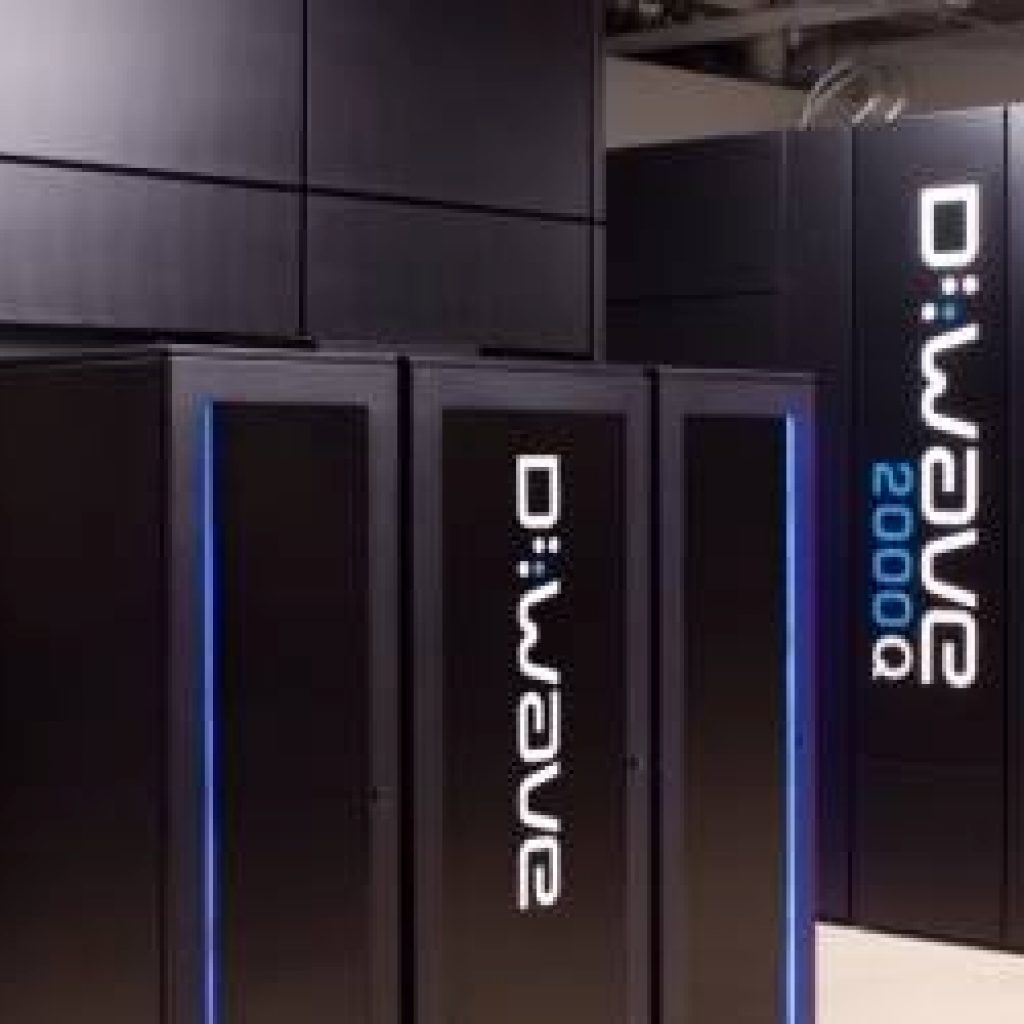(WorldEconomicForum.org) An editorial from the always thoughtful and informative Andreas Baumhof, VP of of Quantum Technologies at Quintessence Labs.
Baumhof says quantum computing is aroughly where we were in around 1970 with classical computers. We have some quantum computers, but they are still pretty unreliable compared to today’s standard. We call them NISQ devices – Noisy Intermediate-Scale Quantum devices. Noisy because they are pretty bad, and intermediate-scale because of their small qubit number. But they work. There are a few public quantum computers available for anyone to programme on. IBM, Rigetti, Google and IonQ all provide public access with open-source tools to real quantum computing hardware. IBM even sells a quantum computer that you can put in your own data centre (the IBM Q System One).
But these are not yet powerful enough to break RSA 2048-bit keys, and probably won’t be for another 10 to 20 years.
The comparison date of 1970 works from another angle, too. In October 1969, researchers sent the first message over the internet (it was called ARPANET then). Today, we are also building a quantum communication system that doesn’t communicate bits and bytes, but quantum states that quantum computers can understand. This is important so that we can build up a quantum version of the internet.
Google and NASA have just announced that they have achieved ‘quantum supremacy’. That is the ability of quantum computers to perform certain tasks that a classical computer simply cannot do in a reasonable timeframe. This opens up a completely new era where we can now focus on building quantum computers with practical benefits and while this will still be many years away, it will be the new frontier in computation.
Comparing the Current Era of Quantum Computing to the Early 1970’s in Classical Computers
